Classic L&D staff augmentation gets a boost in 2024. If supercharged ROI and a flexible recruitment solution are your top priorities this new year, RPO is just what you need.
Recruitment Process Outsourcing (RPO) is a form of business process outsourcing where a reliable staffing partner assumes all or part of a company's recruitment process. This can include activities such as sourcing, screening, and assessing candidates.
RPO providers can offer recruitment expertise, cost savings, efficient resource use, and compliance assistance, making it a strategic partnership that also offers additional value-added services. RPO can support part or all of a company's permanent workforce hiring processes, offering process excellence, a scalable model, a technology stack, market intelligence, and predictive talent analytics. In short, Recruitment Process Outsourcing—or RPO—is like having a backstage crew for hiring that takes care of the nitty-gritty details, allowing the company to focus on other core aspects of their business.
RPO providers may reinforce current cultures, encourage cultural change, and promote diversity and creativity by aligning recruitment activities with the organization’s culture. They can introduce new viewpoints and ideas, spur creativity, and help identify areas where culture may need to be adapted, attracting staff who can contribute to the desired culture.
However, it is essential to ensure that the RPO provider truly understands the company's culture to avoid misalignment of values, which could negatively impact hiring outcomes and damage the organization's reputation. Overall, RPO can be a valuable instrument in building and maintaining a strong corporate culture, but it requires careful consideration and alignment with the organization's values and specific requirements.
Recruitment Process Outsourcing differs from traditional recruitment methods in several ways:
- Scalability and Capacity Building: RPO offers scalability to handle fluctuations in hiring needs, making it suitable for long-term associations and uncertain hiring demands. In contrast, traditional recruitment methods may struggle to adapt to sudden upsurges or downsurges in hiring.
- Customization and Expertise: RPO partners closely work with organizations to customize solutions and successful strategies based on their unique factors. They offer expertise, flexibility, and accountability, whereas traditional recruitment agencies typically focus on sourcing and screening, often emphasizing filling positions in a short period.
- Process Excellence and Cost Savings: RPO provides process excellence, a scalable model, cost savings, and access to a larger pool of candidates. It also offers technology stack, market intelligence, and predictive talent analytics, which are not typically part of traditional recruitment methods.
- Long-term Strategic Approach: RPO is more strategic, programmatic, and not transactional. It focuses on improving the recruiting process as a whole, looking at turnover rates, technology, and scalability, while traditional recruitment methods may be more focused on filling immediate positions.
In summary, RPO offers a more flexible, strategic, and scalable approach to recruitment compared to traditional methods, providing customized solutions, process excellence, and long-term value.
There are many advantages for every organization across industries. These include:
- Stronger Quality of Hires: RPO providers invest time, energy, and resources into sourcing, screening, and presenting high-quality talent, leading to better hires.
- Cost Reduction: RPO is cost-effective, saving companies money in the long run by scaling recruitment activity to match fluctuating hiring needs and eliminating the need for costly advertising.
- Decreased Time-to-Fill: RPO reduces the time it takes to find great talent, minimizing opportunity costs and revenue loss associated with prolonged vacancies.
- Talent Pipelines and Diversity: RPO offers talent pipelines full of diverse candidates, contributing to lower turnover, increased retention, and a more innovative workforce.
- Scalability and Innovation: RPO provides scalability to meet changing demands, innovation in recruiting strategies, and access to sophisticated technology and data science experience.
- Improved Employer Brand and Candidate Experience: RPO can enhance the employer brand, provide a better candidate experience, and ensure a positive impact on the organization's bottom line.
Overall, RPO offers benefits such as improved talent quality, cost reduction, decreased time-to-fill, diverse talent pipelines, scalability, and enhanced employer brand and candidate experience—IF you find the right staffing partner.
ELB Learning has been successfully augmenting L&D teams for leading brands across the globe, with case stories to prove it.
Get on-demand access to learning and development consultants and keep your learning projects moving on-time and on-budget. From Instructional Designers, LMS Administrators, and eLearning Developers to AI Skills Trainers and AI Developers, we’ve got you covered.

%20And%20How%20Does%20it%20Help__Blog%20Featured%20Image%20800x500.png)






